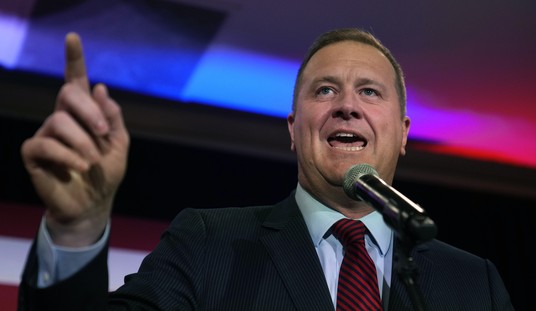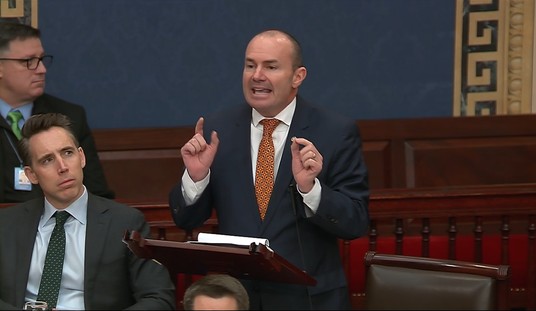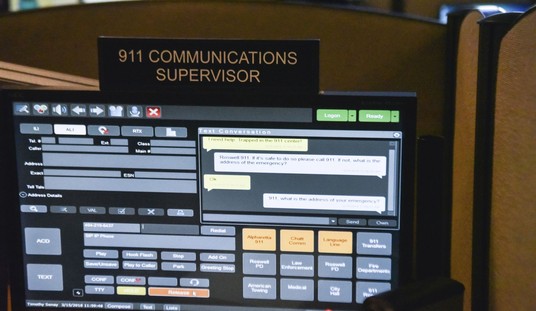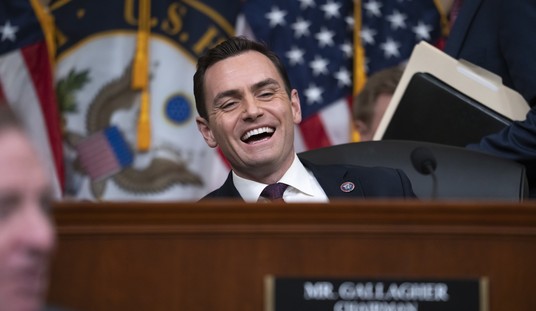I’m not a David Ignatius fan. He is much more of an internationalist and globalist than I will ever be. One thing Ignatius is, though, is a very competent weathervane for how the foreign policy establishment sees things. Though there is a lot of damning by faint praise here, it might be one of the most favorable reviews he’s ever given a Republican president dealing with a foreign policy crisis. I’m just going to touch the high points, the whole thing merits reading.
Syria.
The decision to strike a Syrian air base was a confidence builder for an inexperienced and sometimes fractious White House, a senior official said. Trump couldn’t be sure when he launched the attack that a Russian wouldn’t be killed, or that some other freak mishap wouldn’t arise. The military option he chose had two virtues: It was quick, surprising Russians who hadn’t expected such prompt retaliation; and it was measured, sending a calibrated message rather than beginning an open-ended military intervention.
…
Here’s the consensus among top Republican and Democratic former officials I spoke with: National security adviser H.R. McMaster ran a tight interagency process; Defense Secretary Jim Mattis offered the president clear, manageable options. Trump mostly stayed off Twitter, encouraging his team members to do the work rather than disrupting them.
I think this is correct. Rather than going down the rabbit-hole of retaliating for humanitarian reasons the administration elected to attack to enforce an existing UN Security Council Resolution. As such it was possible to differentiate between the April 4 attack and the other regime atrocities. This limited the size, scope, and impact of the strike. It didn’t seek to destabilize Assad or any larger goal. And it doesn’t require continued US attacks on the regime which inevitably will kill Russians… or have Russians kill our guys.
China.
Last week’s trickiest maneuver was simultaneously bombing Syria and meeting with Chinese President Xi Jinping. Trump has basically done a 180 on China: After challenging the fundamentals of the relationship before he took office, Trump has now reverted to Kissingerian language of cooperation. The goal of the summit, officials say, was for the two self-styled “big men” to get to know each other. They spent nearly four hours in one-on-one conversation, explaining how they look at issues such as North Korea and global trade.
The White House described a “textured” conversation, with Trump at one point offering Xi a backhanded compliment: “We had a long discussion already. So far, I have gotten nothing. Absolutely nothing.”
Trump’s impulsive, unpredictable style has confounded the Chinese, who like to plan every detail, but officials say their overall satisfaction was conveyed by their lack of criticism in a communique after the summit.
I think any fair reading of the Trump-Xi meeting has to be that China came away willing to attempt to work with Trump. Their actions in the UN and with North Korea are significant changes in direction from what we would expect. Will this translate to the territorial disputes in the South China Sea? Who knows. But there is at least a window of time in which the US and China can act collaboratively to resolve mutual issues and that is good.
Russia.
Tillerson is taking Trump’s message to Moscow this week. He is expected to tell top Russian officials that their alliance with Syrian President Bashar al-Assad is a loser, and that the United States will work with Moscow on a political transition to replace Assad with another figure acceptable to Russia. “We want them to have to make choices,” explains one official. “We can work together or against each other.”
The Trump team feels that after last week’s strike on Syria to enforce the chemical weapons ban, the United States has regained the strategic initiative from Putin. “Russia is catching as opposed to pitching for a change,” says one senior official. “They are on the back foot, surprised by Trump.”
Again, the quick response and lack of notice caught Russia by surprise. Iran is jockeying for influence with Assad and has accused Russia of giving Israel IFF codes to allow the Israelis to penetrate Syrian air defenses. I can’t imagine those same stories won’t be recycled. The tilt away from tolerating Iranian expansionism, a cornerstone of Obama’s Middle East policy, is going to make the Russian-Iranian “alliance” more like “frenemies.” Russia was left isolated in its defense of Syria in the UN as Nikki Haley ridiculed them. In the end, the only nation voting with them was Bolivia.
To be clear, one good week does not a foreign policy make. But the McMaster-Mattis-Tillerson team is looking to be a powerhouse, able to generate quick and sane decisions and, for now, Trump is listening. But it was a very, very good week for the Trump team.












Join the conversation as a VIP Member